The Gravitational Wave Physics and Astronomy Workshop 2021 is a meeting that started in the 90s, originally dedicated to gravitational wave data analysis. In the years the focus has shifted and now GWPAW addresses the most interesting topics in gravitational wave physics and astronomy.
The setting is informal, with no parallel sessions and plenty of time for discussion. The formats of the various sessions will vary, in order to best support the different themes. Posters will be digitally available for the entire meeting with some extra audio-visual support.
The meeting will be held at the Courtyard Marriott Machsee hotel on the city lake and a 10 minute walk to the beautiful Christmas markets of the old city center.
We hope to be able to hold the meeting in-person and welcome many of you in Hannover this December!
245 participants, of which 80 attending in person
- Multi-messenger observations
- r-processes nucleosynthesis
- jet physics
- formation and evolution of compact objects
- neutron star structure
- cosmology
- fundamental physics
- waveform modelling
- new gravitational wave searches
- pulsar timing arrays and space-based detectors
Keynote speakers and Panelists
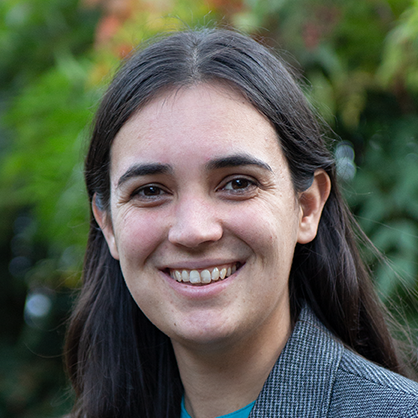
Kate Alexander
Northwestern University
GWs and X-ray observations
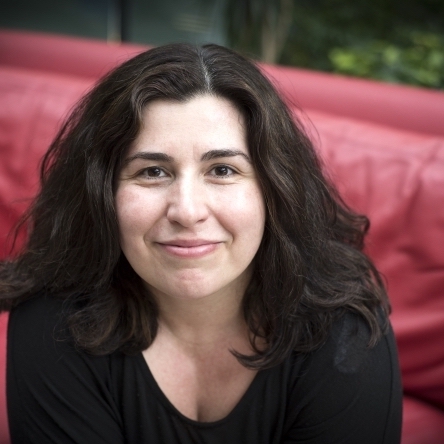
Asimina Arvanitaki
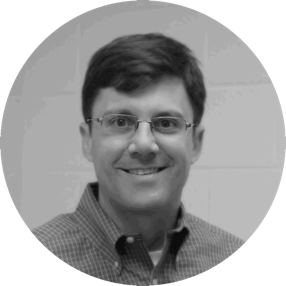
Brad Cenko
NASA Goddard Space Flight Center
GW and UV astronomy
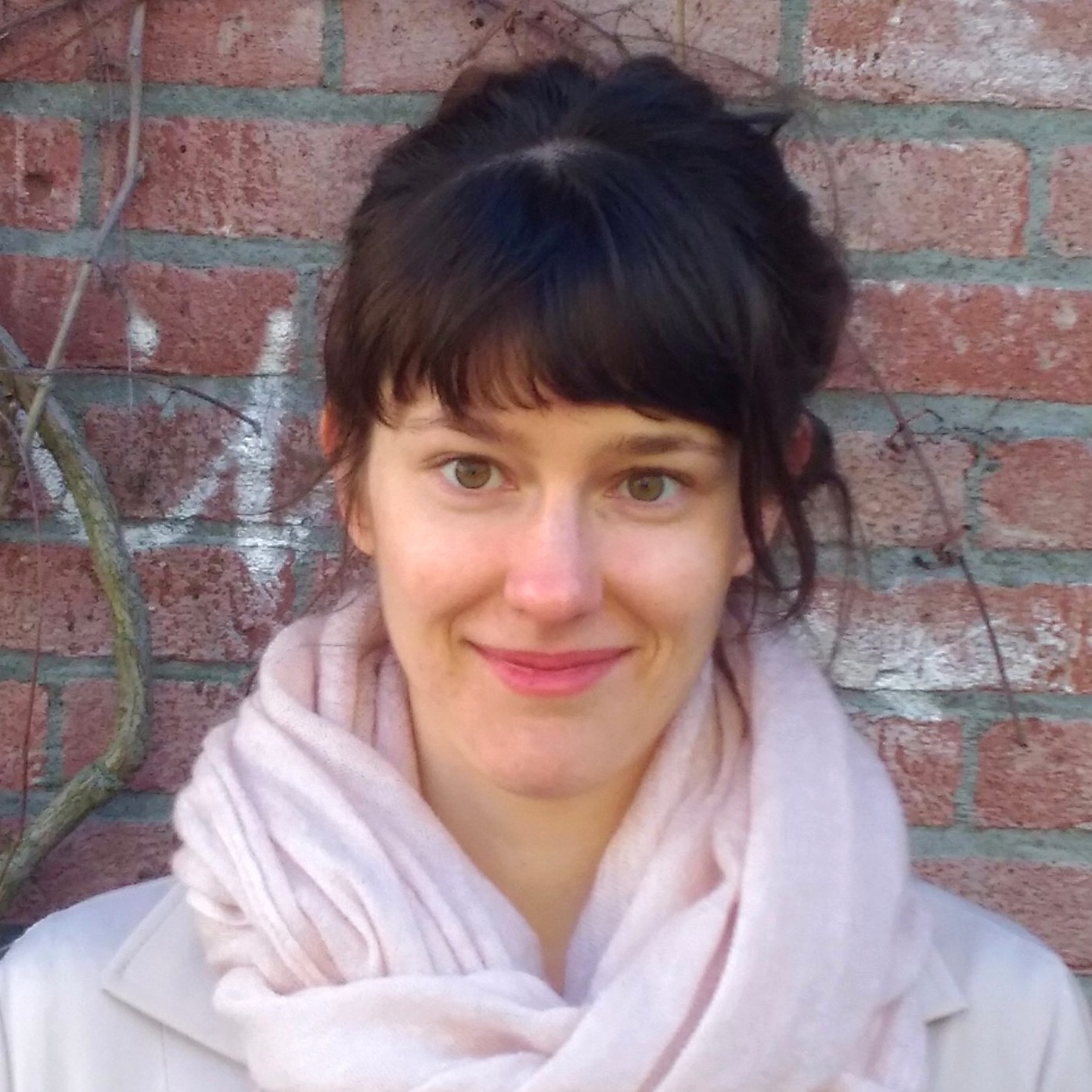
Martyna Chruslinska
Radboud University
Modelling cosmic star formation
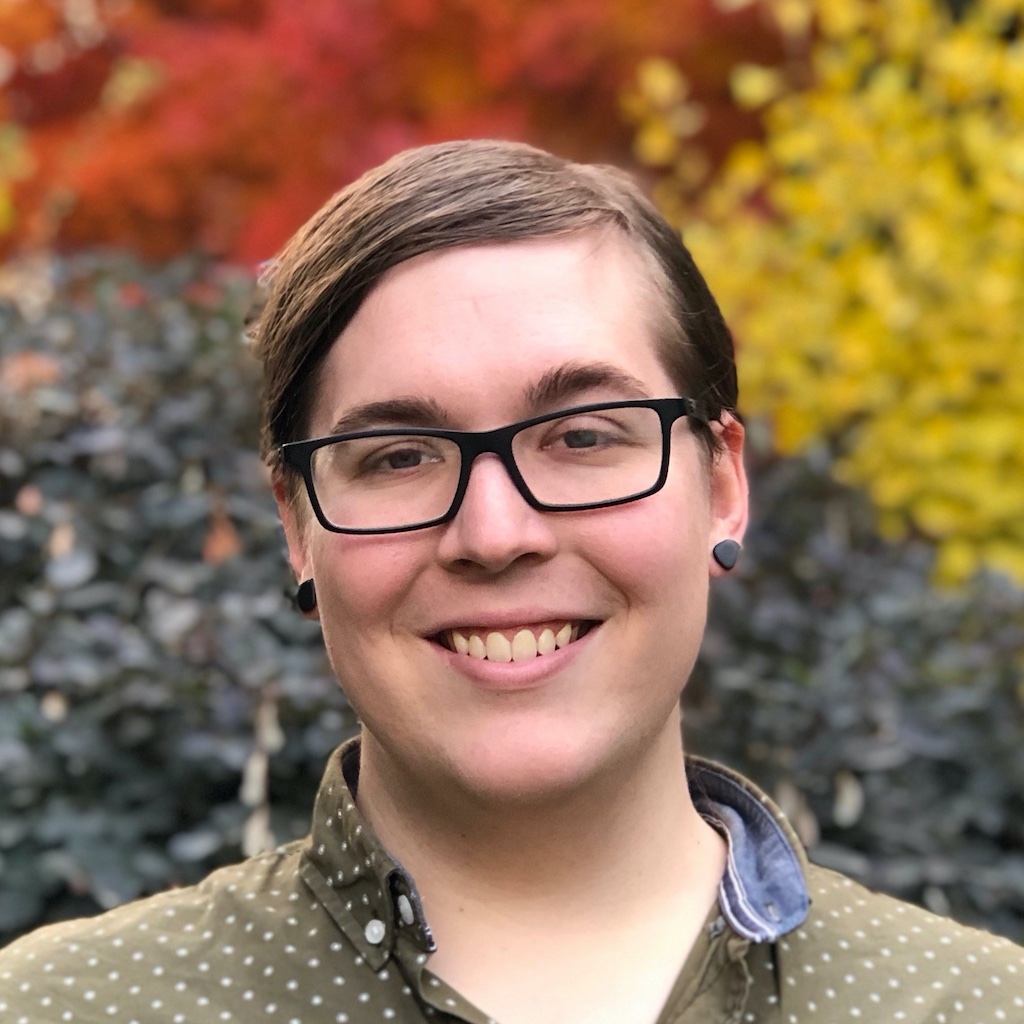
Derek Davis
California Institute of Technology
Improving the quality of GW data
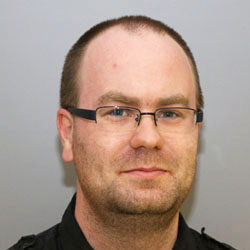
Robert Farmer
Universiteit van Amsterdam
Pair instability supernovae and the gap
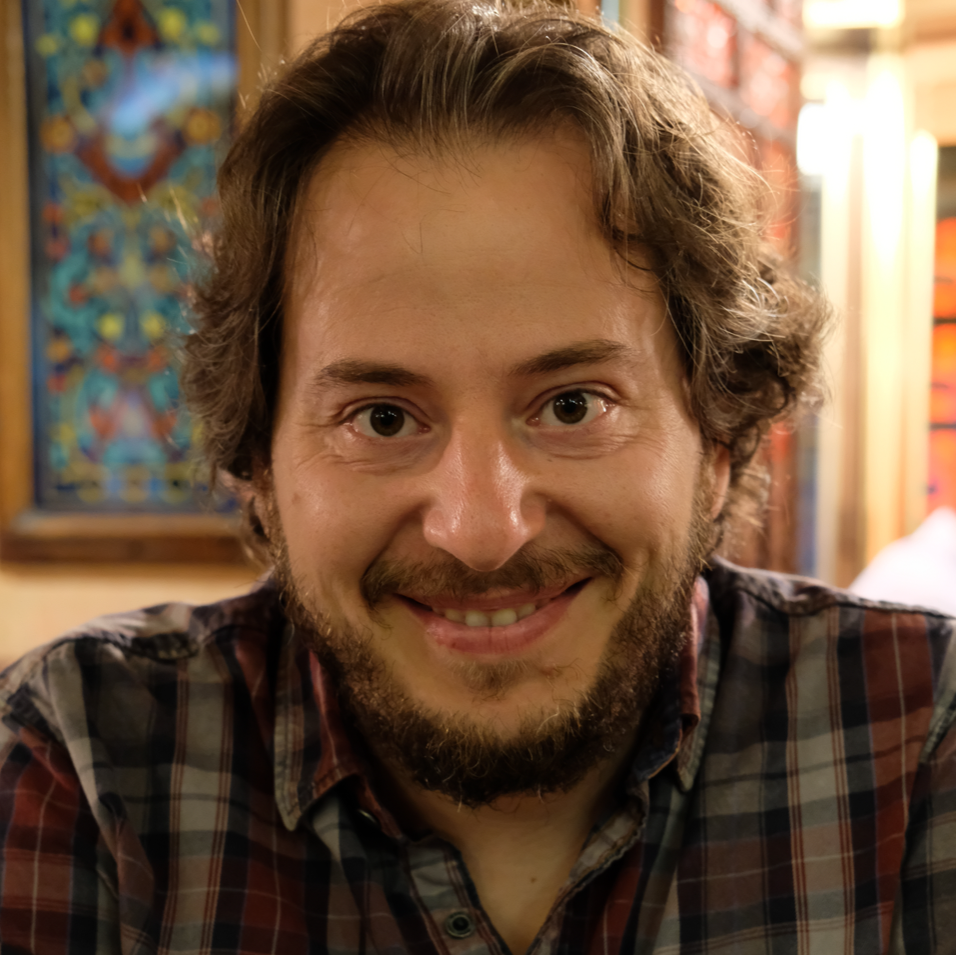
Anastasios Fragkos
Université de Genève
The progenitors of compact binaries: what about spins ?
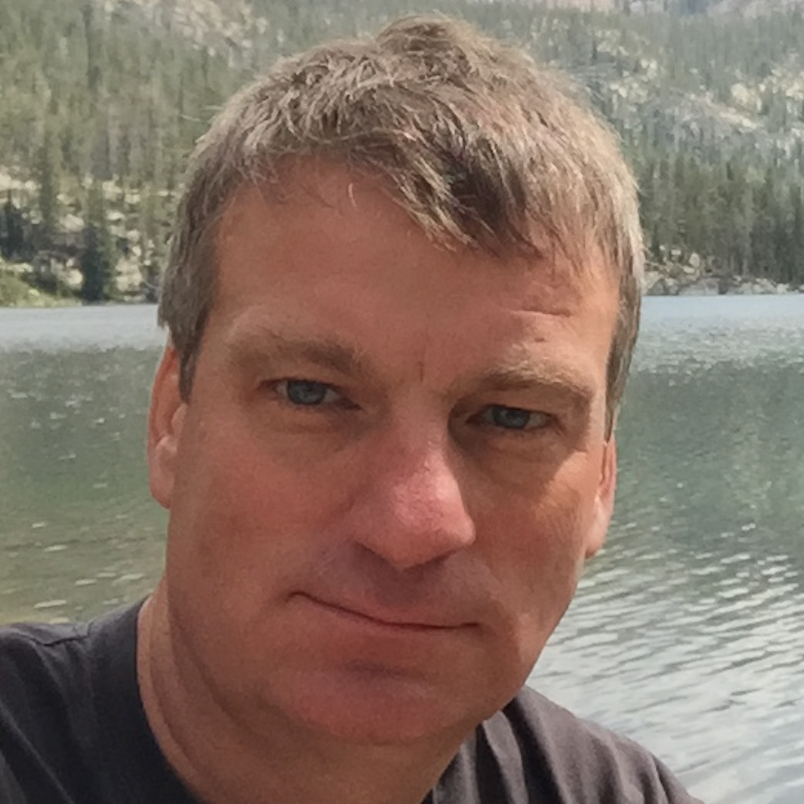
Zoltan Haiman
Columbia University
Science with LISA
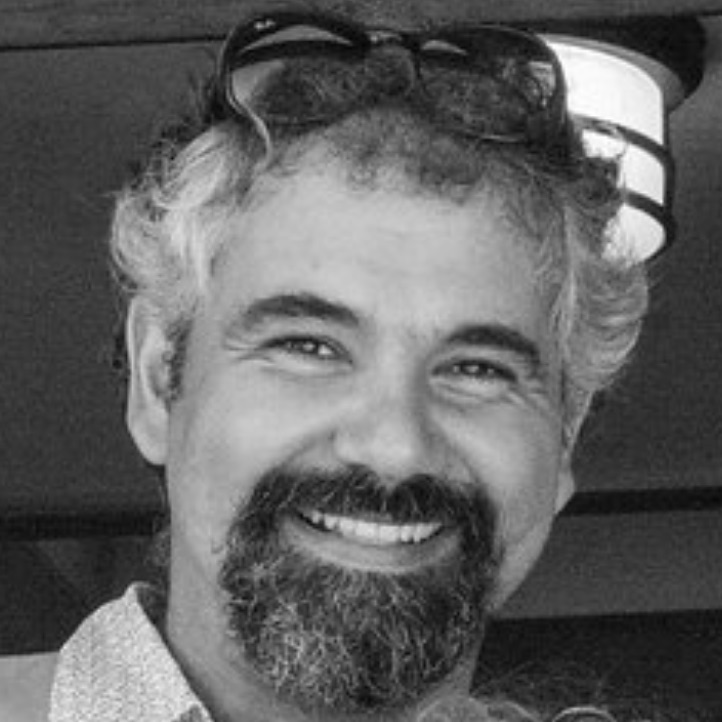
Jeffrey Hazboun
University of Washington Bothell
PTA science
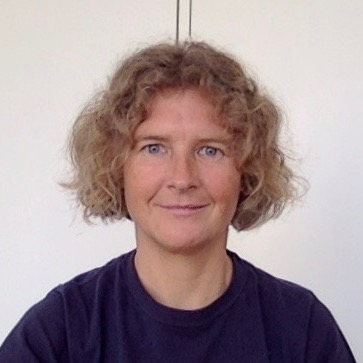
Tanja Hinderer
Universiteit Utrecht
Neutron star equation of state
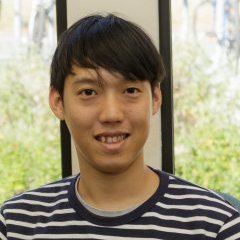
Kenta Hotokezaka
University of Tokyo
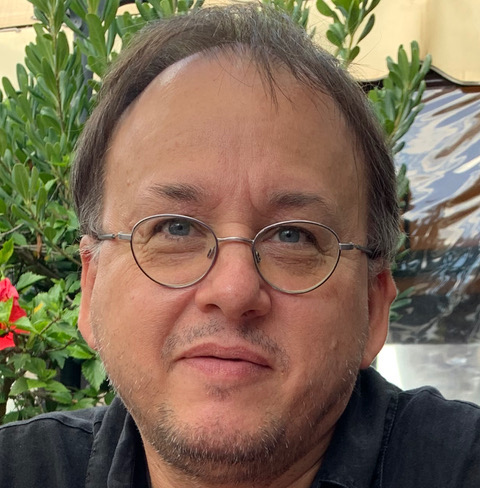
Sascha Husa
University of the Balearic Islands
Modelling the gravitational wave signal of compact binaries
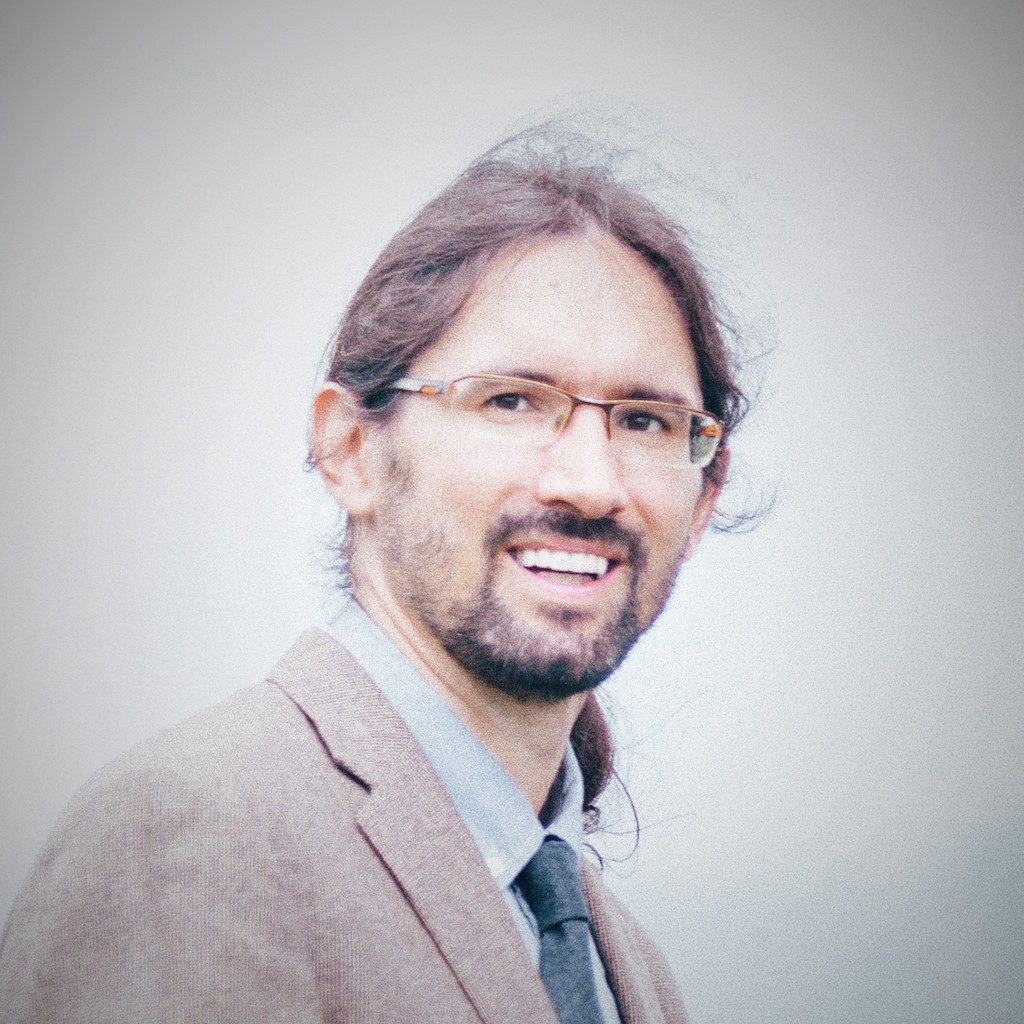
Bence Kocsis
University of Oxford
The progenitors of compact binaries: formation in AGN disks
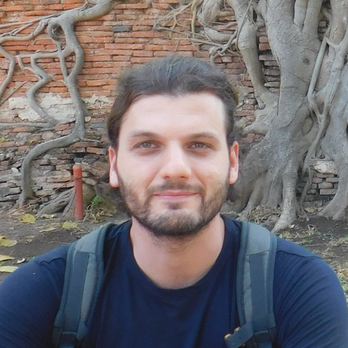
Simone Mastrogiovanni
Université de Paris
Cosmology with gravitational waves
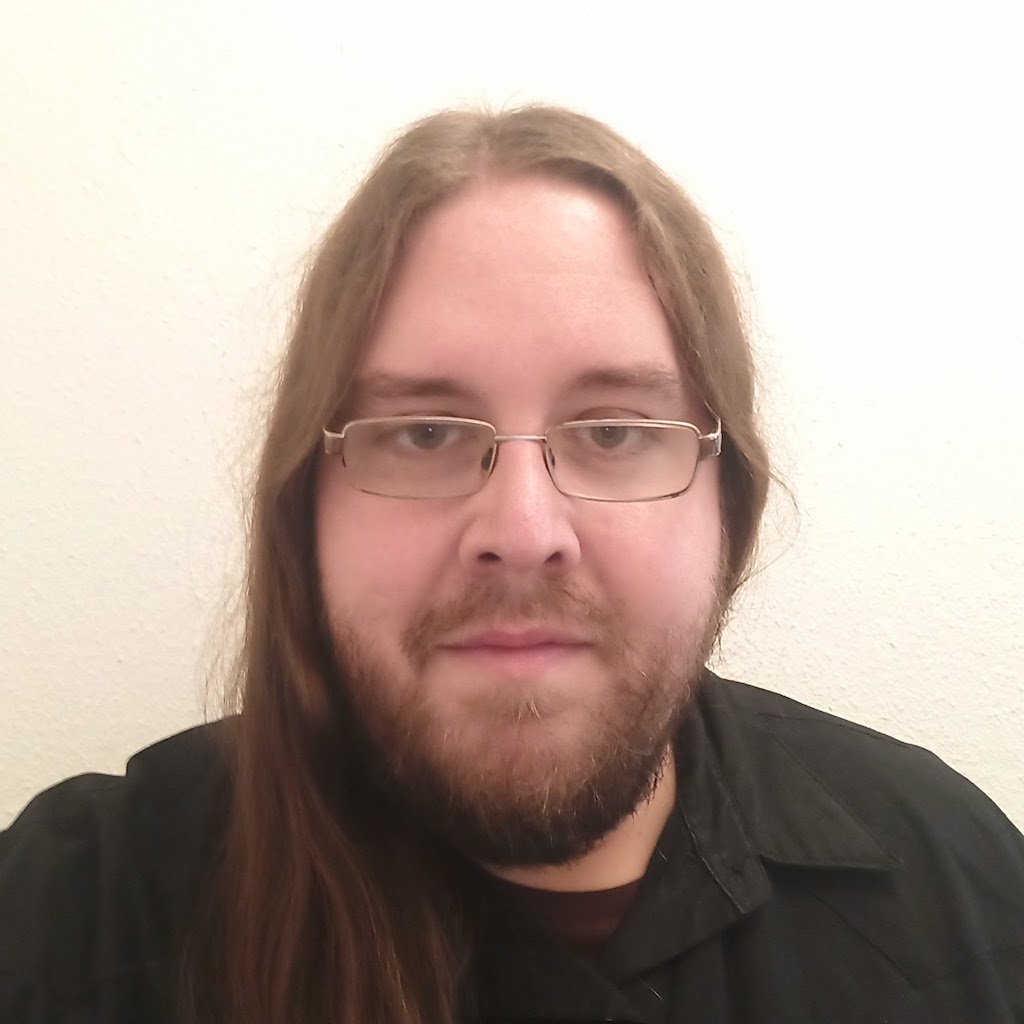
Alex Nitz
MPI for Gravitational Physics
Compact binary inspiral observations
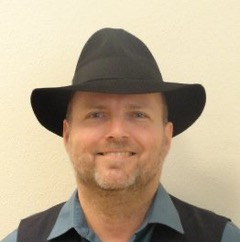
Benjamin Owen
Texas Tech University
Continuous Gravitational Waves
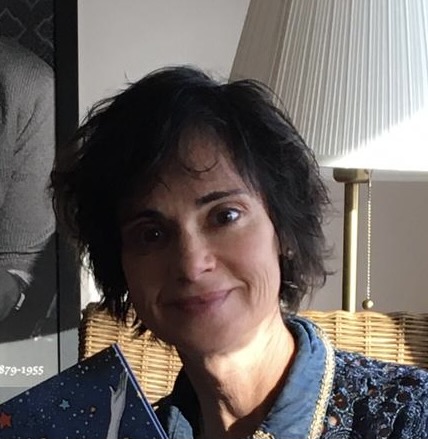
Tania Regimbau
Laboratoire d'Annecy de Physique des Particules
Stochastic gravitational wave backgrounds
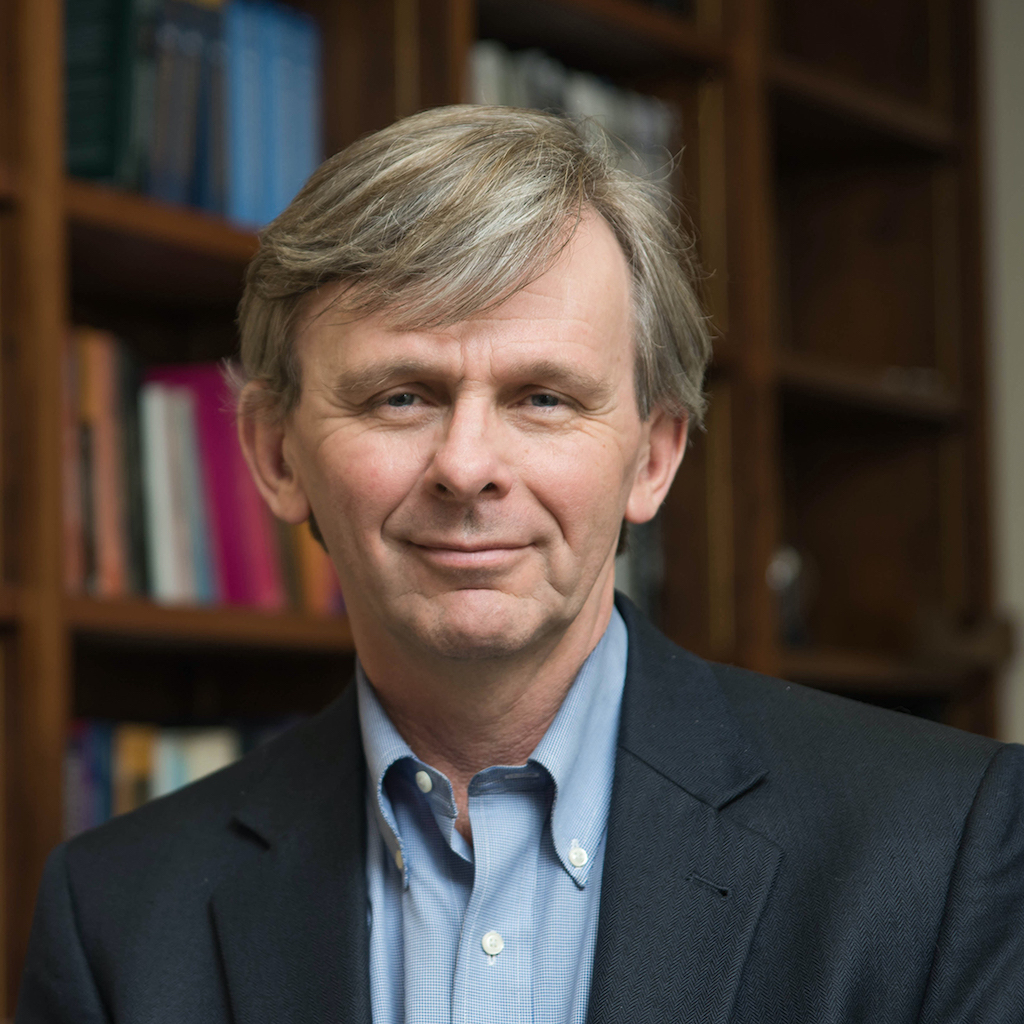
David Reitze
California Institute of Technology
Ground-based gravitational wave detectors

Stephan Rosswog
The Oskar Klein Centre for Cosmoparticle Physics
Multi-messenger observations: r-processes nucleosynthesis
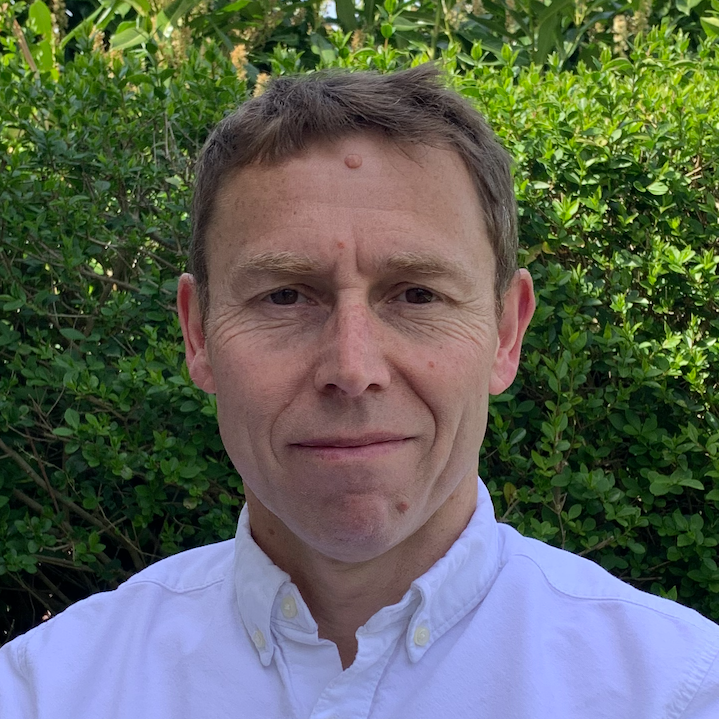
Stephen Smartt
Queen's University Belfast
GWs, optical and IR astronomy
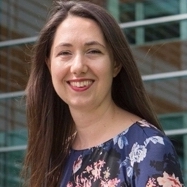
Silvia Toonen
U. Amsterdam
The progenitors of compact binaries: formation in triples (and higher)
Scientific Organizing Committee
- P. Ajith, International Centre for Theoretical Sciences, Bengaluru
- B. Allen, MPI for Gravitational Physics Hannover, Germany
- I. Arcavi, Tel Aviv U., Tel Aviv, Israel
- M. Baryakhtar, U. Washington, USA
- A. Buonanno, MPI for Gravitational Physics Potsdam, Germany
- S. De Mink, MPI for Astrophysics, Garching, Germany
- D. Brown, U. Syracuse, Syracuse, USA
- H-Y. Chen, MIT, USA
- A. Corsi, Texas Tech U., Lubbock, USA
- M. Kasliwal, Caltech, Pasadena, USA
- E. Katsavounidis, MIT, USA
- I. Mandel, Monash U., Melbourne, Australia
- C. Mingarelli, University of Connecticut, USA
- S. Nissanke, U. Amsterdam, The Netherlands
- L. Nuttall, U. Portsmouth, UK
- M.A. Papa (Chair), MPI for Gravitational Physics Hannover, Germany
- M. Sasaki, U. Tokyo, Japan
- P. Shawhan, U. Maryland, USA
- T. Tanaka, U. Kyoto, USA
- E. Thrane, Monash U., Melbourne, Australia